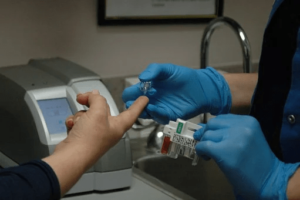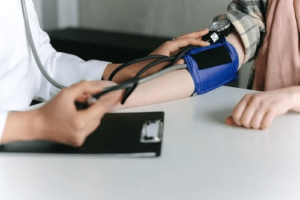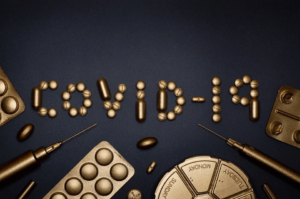Pain in the upper back, accompanied with chest pain, is a critical illness that occurs to people very often. Senior or aged people are more prone to be affected by this type of disease where your chest pain is expected to shoot in your upper back. The underlying cause behind such a situation is not only a single reason, but there are various possible causes that can result aches in your upper back and chest.
Below listed are some common causes of upper back and chest pain;
Heart attack

Heart attack, being the leading cause, is a serious illness which occurs when there is a blockage of blood supply to the heart muscles. It is more common in aged women rather than men. Heartache not only makes your chest ache, however, it spreads into your neck, shoulders and upper back. Shortness of breath, cold sweats, vomiting, faints, stiffness in the chest results in heart attack.
Muscle Strains/ Muscle tension
Strains or twists of the muscles can be caused in the chest as well as in the upper back, at the same time. Such a situation occurs as a result of sudden unusual movement of your back or lifting heavy objects on daily basis, with a wrong posture. Chest pain arises due to tightening of chest muscle. The pain goes towards your upper back which ultimately, disturbs the alignment of your back muscles, discs and ligaments. Furthermore, muscle spasms are likely to occur after constant muscle strains.
The disorder, in which muscle tension and muscle strains in your chest can cause pain in your upper back and its adjoining areas, is very much possible to occur.
Angina attack
This pain can also be the reason of your chest and upper back pain. In this condition, the individual’s heart tissues are not getting enough blood eventually resulting in the blockage. It is disease common in people with coronary artery disease. Angina pain can spread to your arms, chest, neck, jaw, and shoulders, might result in heart attack. The symptoms of angina pain include shortness of breath, stiffness in the arms and chest muscles, fainting, nausea, and weakness. If you are experiencing any such kind of symptom, immediately see your doctor to get proper treatment.
Gallstones

Gallstones are small stones that are formed due to the hardening of the fluid that is present inside your gallbladder. Gallbladder is an organ of the body that is present at your right side just beneath your last ribs. The gallstones in the gallbladder can ache any time, causing your chest and upper back to pain severely. In fact, the pain may take place in the upper right abdomen, in your right arm, or in your right shoulder. Also, aches are likely to occur along frequent vomits and nausea. Therefore, seek medical as soon as possible to get relief.
Musculoskeletal pain
Muscular pains can also cause your chest and bac to ache. For instance, continuous working or exercising can result in tiring muscles. Your muscles bear pressure and stress hence, causing pain in your body, especially the upper half portion. Also, rowing-like activities can lead to tensed muscles, stiffness and twitching muscles, ultimately making your back and chest wall ache.
Lung Cancer
Lung cancer, a life-threatening disease, can also lead to a hurting chest and upper back. According to a research institute, named Dana-Farber Cancer Institute, 25 percent of the lung cancer patients undergo the symptoms of back pain. Such a state occurs when the lungs tumor increases the pressure on your spine. Common symptoms of lung cancer, that cause chest and back pain, includes difficulty in breathing, consistent coughs accompanied with blood, weakness, pneumonia, bronchitis, and sudden weight loss.
Therefore, people suffering with upper back and chest pain should keep the above mentioned causes while visiting the doctor and seek medical treatment accordingly.
When to Seek Medical Attention
If you experience severe or persistent chest or upper back pain, it’s crucial to seek immediate medical attention, especially if you have risk factors for heart disease. Other concerning symptoms that warrant a doctor’s visit include shortness of breath, pain radiating down the arm, nausea, or dizziness.
Conclusion
Understanding the potential causes of upper back and chest pain is crucial for prompt and appropriate management. While some cases may be related to muscle strain or poor posture, it’s essential not to ignore symptoms that could indicate more serious conditions, such as heart issues. If you experience persistent or severe upper back and chest pain, consult a healthcare professional for a thorough evaluation and personalized treatment plan.





